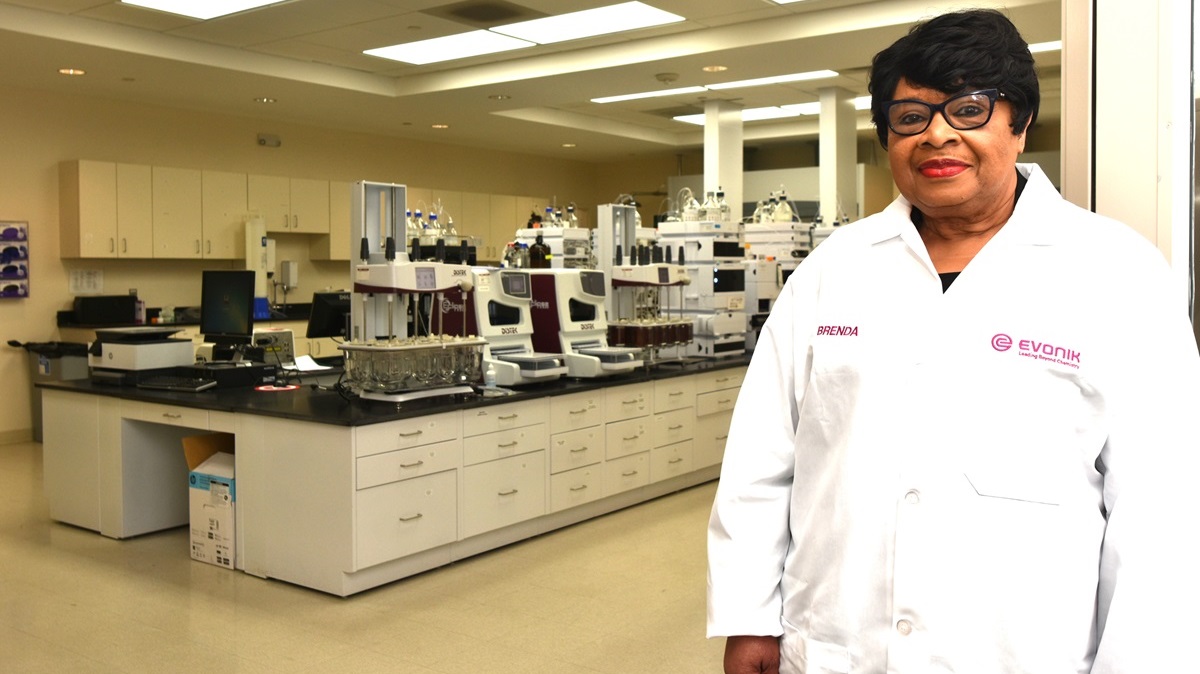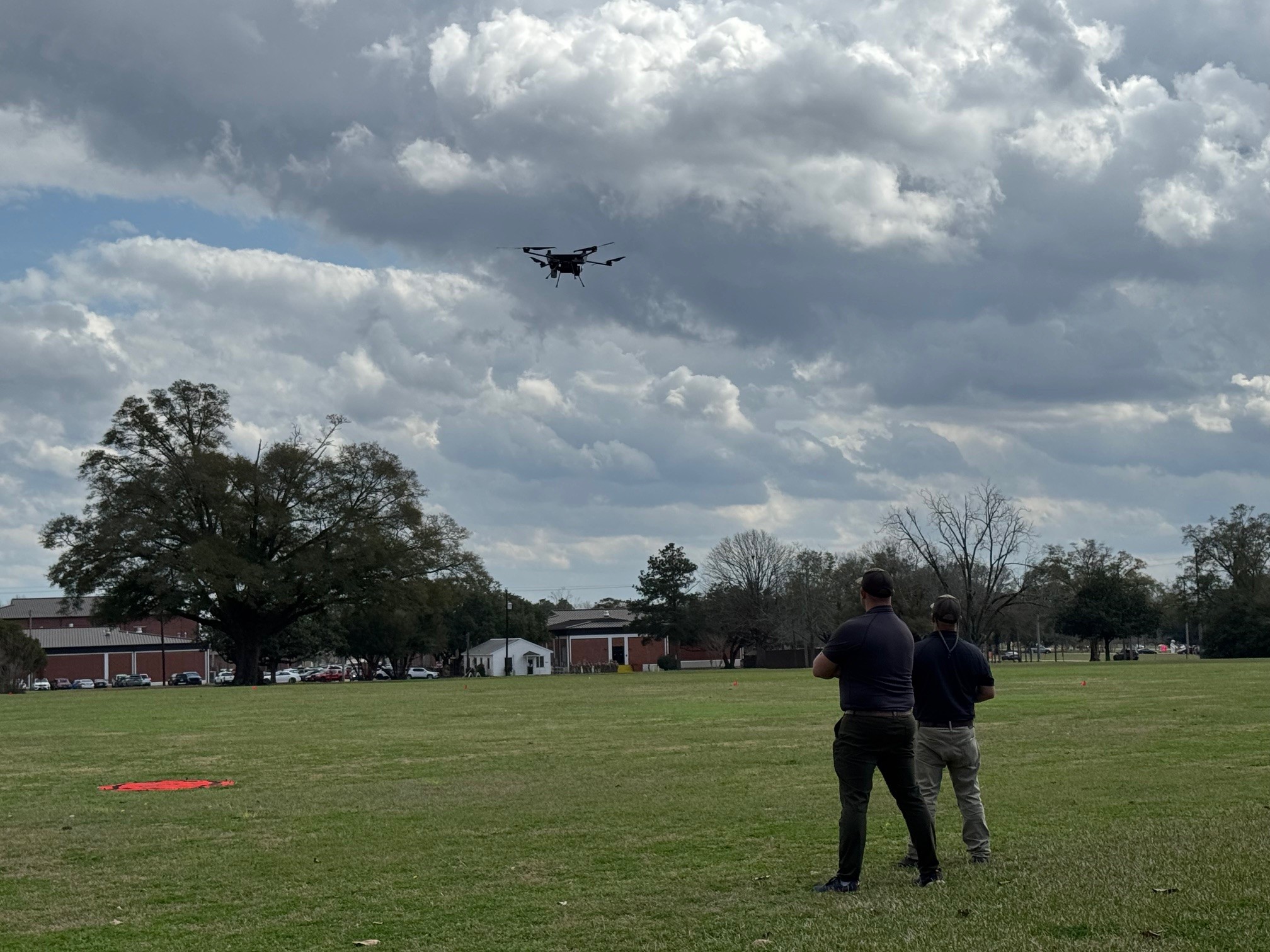Canfield to chair Alabama panel studying impact of AI technologies

A new commission will develop strategies and recommendations to prepare Alabama for artificial intelligence in areas such as business, health care, education and privacy. (contributed)
Greg Canfield, secretary of the Alabama Department of Commerce, will serve as chairman of the new Alabama Commission on Artificial Intelligence (AI) and Associated Technologies, a panel that will explore how the state should prepare for the impact of future technologies.
Canfield was elected to chair the panel at the group’s inaugural meeting. State Sen. Jabo Waggoner, R-Vestavia Hills, was elected vice chairman.
“Artificial intelligence is a powerful, disruptive technology that has the potential to forever change the way we live our lives and how businesses across Alabama operate,” Canfield said.
“It’s critical that we understand how AI will bring about these sweeping changes, and this commission will help us develop insights into what the future has in store for Alabama’s citizens and businesses.”
Waggoner said his goal is for Alabama to be on the cutting edge of AI research and job creation in the technology sector.
“We want Alabama to be a leader in AI research, innovation, technology startups and technology jobs. We believe that we are competitive with other states. The commission will look at how Alabama is positioned and ready for the opportunities of tomorrow. Those are some of the issues and questions this commission is going to answer,” Waggoner said.
“We will meet with key business groups and different industry sectors to understand the impact of AI and automation on their industries.”

Commerce Secretary Greg Canfield will chair the Alabama Commission on Artificial Intelligence (AI) and Associated Technologies. (contributed)
Preparing for the future
Waggoner said the commission will also examine how schools and universities can develop AI-educational programs and investigate what privacy safeguards might be needed to protect consumers.
“We want Alabama’s education system in a place where we can equip students with AI-relevant skills through engineering and technology classes and apprenticeship programs,” Waggoner said.
“As we promote innovation and educational readiness, we must also protect the privacy rights of citizens, and examine whether existing state laws are effective in regulating these emerging technologies. There’s a lot of work ahead.”
The commission will be divided into five subcommittees focused on:
- State regulations, government oversight and potential legislative action.
- Education and workforce development.
- Health care and medical services.
- Future and evolving industries, economic development and research.
- Ethics, privacy and security.
The subcommittees will begin their work in mid-October.
The full, 24-member commission plans to schedule additional meetings over the next seven months. All meetings are open to the public.
The commission will deliver a report in May to Gov. Kay Ivey and the Alabama Legislature, recommending strategies and policies on how AI and other emerging technologies will be of benefit to Alabama’s economy.
This story originally appeared on the Alabama Department of Commerce’s Made in Alabama website.





